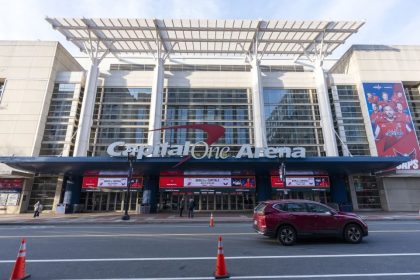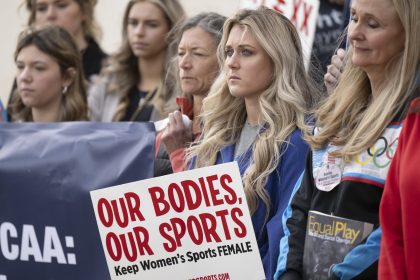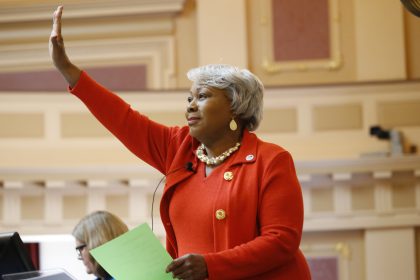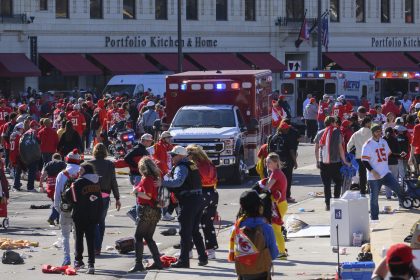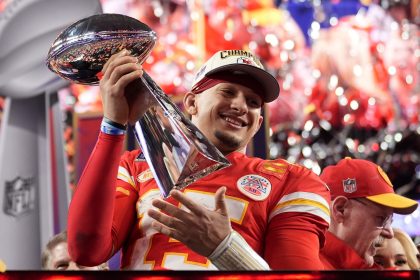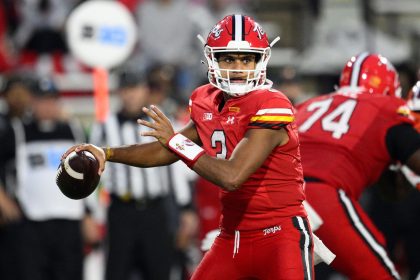Golfers Sue Under Antitrust Laws to Compete in Saudi Arabia
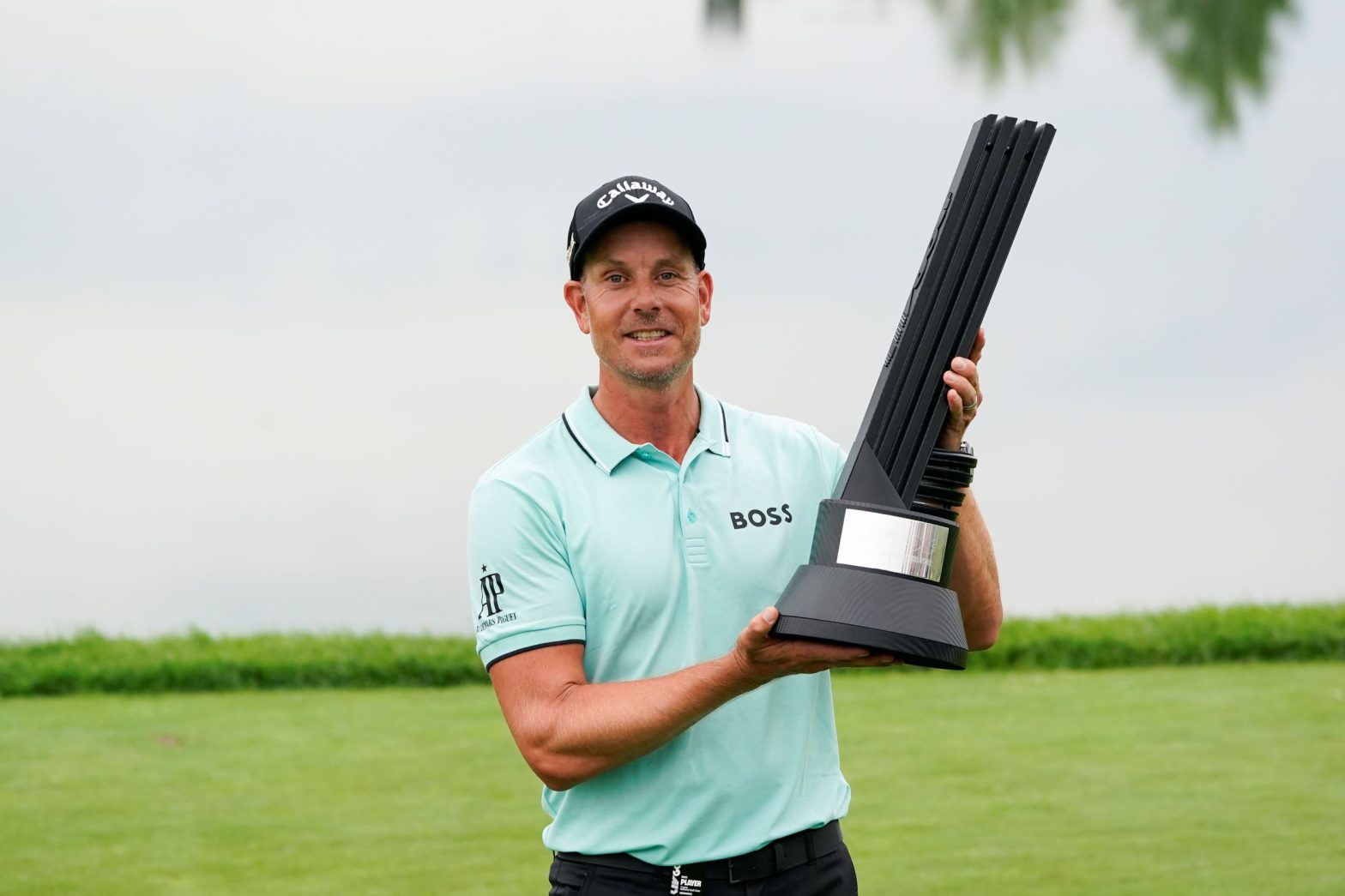
WASHINGTON — Eleven pro golfers led by six-time major champion Phil Mickelson on Wednesday challenged their suspension from competing in the United States after they participated in the Saudi-financed LIV Golf series.
Their antitrust lawsuit filed in San Francisco, California, carries potential broad implications for the authority of the Professional Golfers’ Association and other sports leagues to enforce restrictions on players, all of whom claim status as independent contractors.
The lawsuit says “the [PGA] Tour has evolved into an entrenched monopolist with a vi[s]e grip on professional golf.”
“As the tour’s monopoly power has grown, it has employed its dominance to craft an arsenal of anticompetitive restraints to protect its long-standing monopoly,” says the complaint filed in the U.S. District Court for the Northern District of California.
The allegations explain why the Justice Department started an investigation last month of the PGA Tour. The sports league suspended Mickelson and 16 other golfers for participating in the LIV Golf series.
In a June 9 memo to other golfers, the PGA explained its reasons by saying, “These players have made their choice for their own financial-based reasons. But they can’t demand the same PGA TOUR membership benefits, considerations, opportunities and platform as you. That expectation disrespects you, our fans and our partners.”
LIV Golf offers record prize money to players through the financial support of Saudi Arabia’s Public Investment Fund. Mickelson’s contract is reportedly worth about $200 million.
One reason players who accept the deals are enduring criticism in the media is their association with the Saudi government and its history of human rights abuses, including the murder of Washington Post columnist Jamal Khashoggi.
Their lawsuit did not address the Saudi human rights record, only the competition the LIV Golf series presents for the PGA.
“It is no secret that the PGA Tour is targeting players in order to defeat the threat of competitive entry,” the lawsuit says. “The PGA Tour has been clear since the threat of competitive entry emerged that its most powerful weapon to defeat competition is to target its members — who comprise virtually all of the elite professional golfers in the world — to prevent them from playing on a competing tour.”
PGA Tour Commissioner Jay Monahan invoked the league’s “Conflicting Events Regulation” as part of his justification for the suspension. The regulation prohibits PGA Tour members from participating “in any other golf tournament or event” if a PGA Tour-sanctioned event is scheduled in the same week.
The PGA Tour has sanctioned events scheduled nearly every week of the year.
The rule grants exceptions for international events at the discretion of the commissioner but Monahan is not granting them for LIV Golf.
The lawsuit seeks an injunction against the suspensions, saying that banning the golfers from PGA Tour events would hurt their incomes and cause them “irreparable harm.”
The timing of the lawsuit carries special importance for three of the 11 golfers who are suing.
Talor Gooch, Matt Jones and Hudson Swafford qualified for the PGA Tour’s FedEx Cup Playoffs that started this week. They want a temporary restraining order to lift their suspensions so they can play in the tournament.
The legal terms being invoked in their lawsuit and by their professional golf supporters indicate the consequences stretch deep into other sports leagues.
Earlier this year, LIV Golf Investments chief executive and retired professional golfer Greg Norman wrote a memo to PGA Tour agents and players saying they lacked a right to ban golfers who also participate in a competing league.
“Simply put, your players enjoy the freedom under law to choose how they make a living,” Norman wrote. “In our view and in the eyes of the law, the PGA Tour’s threats are utterly impermissible under competition and other laws.”
The U.S. Supreme Court reached a similar conclusion in its 1957 ruling of Radovich v. NFL. The ruling said antitrust laws allowed National Football League players to join competing leagues without risk of punishment by league officials.
Other federal courts also have ruled that professional sports leagues are subject to the Sherman Act, which outlaws “every contract, combination, or conspiracy in restraint of trade,” and any “monopolization, attempted monopolization, or conspiracy or combination to monopolize.”
Some of the golfers in the lawsuit filed Wednesday say they could transform the PGA Tour and other sports leagues.
Mickelson explained to journalist Alan Shipnuck in February his motivation for joining the LIV Golf series.
“They’re scary mother [expletive] to get involved with,” Mickelson reportedly said. “We know they killed [Washington Post reporter Jamal] Khashoggi and have a horrible record on human rights. They execute people over there for being gay. Knowing all of this, why would I even consider it? Because this is a once-in-a-lifetime opportunity to reshape how the PGA Tour operates.”
The case is Phil Mickelson, et al. v. PGA Tour, Inc., case number 3:22-cv-04486, in the U.S. District Court for the Northern District of California.
Tom can be reached at [email protected] and @TomRamstack

















